Food Cockatiel Bird: How To Make Your Bird’s Diet the Best for a Happy
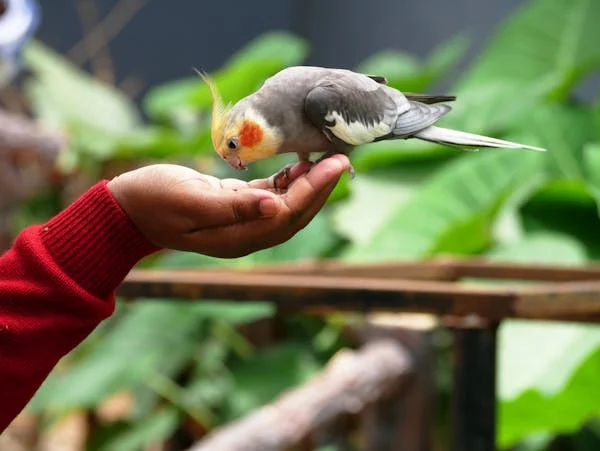
As cockatiel owners, we all want our feathered companions to live long, healthy, and happy lives. One of the most crucial factors in achieving this goal is providing proper nutrition. Many bird owners unknowingly feed their cockatiels an inadequate diet, which can lead to numerous health issues and shortened lifespans. This comprehensive guide will walk you through everything you need to know about cockateel food, from understanding their natural food to creating the perfect meal plan for your beloved pet.
Table of Contents
Why Proper Cockatiel Nutrition is Crucial
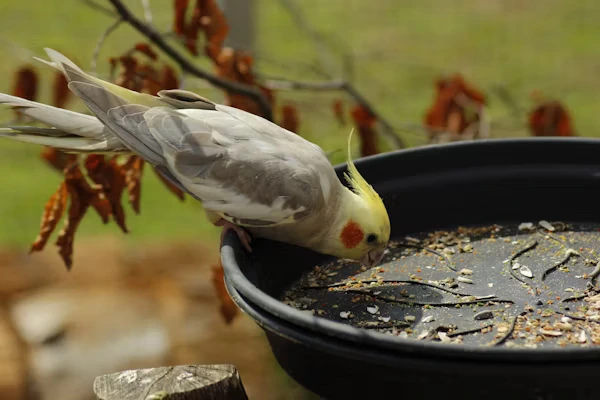
Proper nutrition is the foundation of your cockatiel’s overall health and well-being. A balanced food directly impacts their:
- Immune system functionality
- Feather quality and coloration
- Energy levels and activity
- Reproductive health
- Lifespan (which can exceed 20 years with proper care!)
Unfortunately, many cockateel owners fall prey to common misconceptions about bird nutrition. The most prevalent myth is that seeds alone constitute a complete food—a dangerous belief that leads to malnourished birds suffering from vitamin deficiencies, obesity, fatty liver disease, and other preventable conditions.
A well-fed cockateel displays vibrant plumage, maintains a healthy weight, shows energetic behavior, and demonstrates strong resistance to illness. By understanding and implementing proper nutritional guidelines, you’re investing in your pet’s quality of life and longevity.
Understanding a Cockatiel’s Natural Diet in the Wild
To provide optimal nutrition for captive cockatiels, we should first understand what they eat in their natural habitat. Native to Australia, wild cockateels are primarily ground foragers that consume:
- Various native grass seeds
- Berries and small fruits
- Nuts and plant material
- Insects and larvae (especially during breeding season)
- Vegetation including fresh greens and flowers
This diverse diet provides a wide spectrum of nutrients that captive cockatiels also require. In the wild, these birds rarely have access to the same food sources year-round, meaning their bodies are adapted to variety rather than monotony.
The key takeaway is that wild cockateels enjoy a varied food rich in different nutrients—a far cry from the seed-only foods many pet cockateels receive. Understanding this natural feeding pattern helps us create better captive foods that mimic the nutritional diversity found in the wild.
The Foundation: High-Quality Cockatiel Pellets
Formulated pellets should form 60-70% of your cockatiel’s diet, serving as the nutritional foundation that provides consistent, balanced nutrition. Unlike seeds, quality pellets contain appropriate levels of vitamins, minerals, protein, carbohydrates, and fats without the excessive fat content found in many seeds.
Recommended Pellet Brands:
- Harrison’s Bird Foods – Organic and highly recommended by avian veterinarians. Their High Potency Fine formula is excellent for cockatiels.
- Roudybush – Contains no artificial colors or preservatives and comes in various formulations to meet specific needs.
- Zupreem Natural – A good middle-ground option that’s widely available and palatable to most cockateels.
- Lafeber Premium Daily Diet – Contains natural flavors that many cockateels find appealing, making food transitions easier.
When selecting pellets, always choose those specifically formulated for cockatiels or small parrots. Avoid brands with artificial colors, preservatives, and excessive sugar content. The pellets should be appropriately sized for cockateels to handle and consume comfortably.
The Seed Myth: Why Seeds Alone are Harmful
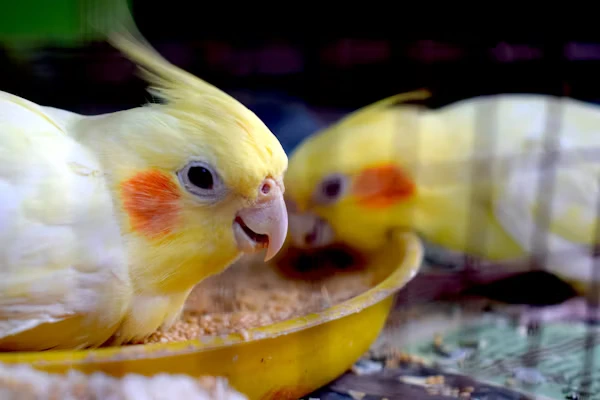
Many new cockatiel owners believe seeds are the ideal food for their birds—after all, wild birds eat seeds, right? This misconception is one of the most dangerous in avian care.
While seeds are part of a cockateel’s natural food, commercial seed mixes present several problems:
- Nutritional deficiencies: Most seed mixes lack essential vitamins (particularly vitamin A), minerals, and amino acids.
- High fat content: Many seeds, especially sunflower seeds, contain excessive fat that leads to obesity and fatty liver disease.
- Selective eating: cockateels typically pick out their favorite seeds (usually the fattiest ones) and leave the rest.
A seed-only food can lead to:
- Vitamin A deficiency (evident through respiratory issues and poor feather quality)
- Calcium deficiency (leading to egg-binding in females and weakened bones)
- Obesity and related health problems
- Shortened lifespan
- Behavioral issues
This doesn’t mean seeds must be eliminated entirely—they can be offered as occasional treats or used in small amounts (making up no more than 10-20% of the food). Healthier seed options include canary grass seed, millet, and flax seeds in moderation.
Fresh Foods: A Colorful and Nutritious Addition to Your Cockatiel’s Diet
Fresh foods should comprise about 20-30% of your cockatiel’s daily food. These foods provide essential nutrients, variety, and enrichment that pellets alone cannot offer. The key is providing a diverse selection of what vegetables can cockateels eat along with fruits and other fresh options.
Safe Fruits for Cockatiels:
- Apples: Remove seeds and core; offer small, thin slices
- Berries: Strawberries, blueberries, raspberries (excellent antioxidant sources)
- Bananas: Small pieces occasionally (higher in sugar)
- Melons: Watermelon, cantaloupe, honeydew (remove seeds)
- Pears: Remove seeds and core
- Papaya and Mango: Excellent vitamin sources
- Grapes: Cut in half to prevent choking
Fruits should be fed in moderation due to their sugar content—consider them treats rather than dietary staples.
Safe Vegetables for Cockatiels:
- Leafy Greens: Kale, romaine, spinach (in moderation due to oxalates), chard, dandelion greens
- Root Vegetables: Carrots, sweet potatoes (cooked), beets
- Cruciferous Vegetables: Broccoli, cauliflower, cabbage (small amounts)
- Peppers: All colors of bell peppers (excellent vitamin A source)
- Squash: Butternut, acorn, zucchini
- Pumpkin: Cooked and unseasoned
- Peas and Green Beans: Fresh or thawed frozen (no salt added)
Vegetables can and should be offered daily, with a focus on leafy greens and vegetables high in vitamin A, which is crucial for cockateels.
Grains and Legumes:
Cooked grains and legumes provide excellent protein and complex carbohydrates:
- Quinoa: Complete protein source
- Brown Rice: Easily digestible when fully cooked
- Oats: Cooked steel-cut or rolled oats (no flavoring)
- Lentils: Well-cooked and rinsed
- Chickpeas: Cooked thoroughly
Always ensure grains and legumes are thoroughly cooked and cooled before offering them to your cockateel.
“Table Foods”: Safe and Healthy Treats from Your Kitchen
Some human foods can be safely shared with your cockateel, creating what some bird enthusiasts call a “Cockatiel Cottage” approach to feeding:
- Whole Wheat Pasta: Plain, cooked al dente
- Eggs: Hard-boiled or scrambled (without butter, oil, or seasoning)
- Whole Grain Bread: Small amounts occasionally
- Plain Popcorn: Air-popped with no salt, butter, or seasonings
- Plain Rice Cakes: Unsalted and unflavored
Keep these foods as occasional treats, offering them in small portions 1-2 times weekly. Always ensure they’re free from salt, sugar, seasonings, and fats.
Portion Sizes and Frequency:
- Treat foods: Maximum 10% of diet
- Serving size: 1-2 teaspoons per treat type
- Frequency: 1-3 times weekly
Foods to Never Feed Your Cockatiel: A Comprehensive List of Toxins
Some foods are toxic to cockatiels and must be avoided entirely:
| Toxic Food | Potential Effects |
|---|---|
| Avocado | Contains persin, which can cause respiratory distress and cardiac failure |
| Chocolate | Theobromine is toxic to birds and can cause vomiting, diarrhea, seizures, and death |
| Caffeine | Causes cardiac issues, hyperactivity, and potential seizures |
| Alcohol | Even tiny amounts can be fatal |
| Onions & Garlic | Damages red blood cells and can cause hemolytic anemia |
| Salt & Salty Foods | Can cause electrolyte imbalances and dehydration |
| Mushrooms | Many varieties are toxic to birds |
| Apple Seeds & Fruit Pits | Contain cyanide compounds |
| Uncooked Beans | Contain hemagglutinin, which is toxic when uncooked |
| Tomato Leaves & Stems | The green parts contain solanine |
| Rhubarb | Contains oxalic acid |
Additionally, avoid feeding:
- Processed foods
- Foods with artificial preservatives or colors
- Foods containing xylitol
- Fatty, sugary, or salty foods
- Dairy products (birds are lactose intolerant)
When in doubt about a food’s safety, research thoroughly or consult an avian veterinarian before offering it to your cockateel.
Supplements: When and Why They Might Be Necessary
While a well-balanced food should provide most nutrients, some situations may require supplementation:
- Calcium: Crucial for egg-laying females, growing chicks, and birds on seed-heavy foods. Cuttlebone or mineral blocks provide calcium that birds can self-regulate.
- Vitamin D3: Essential for calcium absorption. Birds need UVB light exposure or supplementation to synthesize vitamin D3.
- Probiotics: May help maintain gut health, especially after antibiotic treatment.
- Specialized Supplements: For breeding birds, recovering birds, or those with specific deficiencies.
Important: Always consult with an avian veterinarian before beginning any supplementation regimen. Overdosing certain vitamins and minerals can be as harmful as deficiencies.
Feeding Schedules and Portion Sizes: A Practical Guide
Establishing a consistent feeding routine helps maintain your cockateel’s health and allows you to monitor food intake:
Sample Daily Feeding Schedule:
Morning (7-8 AM):
- Fresh pellets: 1-2 tablespoons
- Fresh vegetables: 1 tablespoon
- Fresh water
Midday (12-1 PM):
- Check water and pellets, refresh as needed
- Optional small treat (millet spray, single piece of fruit)
Evening (5-6 PM):
- Fresh pellets: 1 tablespoon
- Mixed fresh foods: 1 tablespoon
- Fresh water
Before Bedtime:
- Remove fresh foods
- Ensure pellets and water are available
- Optional small portion of seeds (1 teaspoon)
Adjusting Portions Based on:
- Age: Young birds need more protein; older birds may need fewer calories
- Weight: Adjust portion sizes to maintain healthy weight
- Activity Level: More active birds require more calories
- Health Status: Illness may require dietary modifications
Monitor your bird’s weight regularly with a small digital scale, and consult your veterinarian if you notice significant changes.
Transitioning Your Cockatiel to a Healthier Diet: A Step-by-Step Approach
Transitioning a cockatiel from seeds to a balanced diet requires patience and persistence. Cockateels are creatures of habit and may resist dietary changes. Follow these steps for success:
- Start with morning hunger: Birds are most willing to try new foods when hungry, typically in the morning.
- Gradual introduction: Mix a small amount of pellets with seeds, gradually increasing the pellet-to-seed ratio over 3-4 weeks.
- Multiple presentations: Offer new foods in different dishes, locations, and presentations. Some birds prefer food scattered on a flat surface rather than in a bowl.
- Lead by example: Pretend to eat the new food yourself—birds are social eaters and often want what their flock members are enjoying.
- Consistency and patience: Offer the same foods repeatedly. Birds may need 10-15 exposures before accepting a new food.
- Monitor weight: Weigh your bird regularly during transitions to ensure they’re eating enough.
- Consider “birdie bread”: Homemade birdie bread can incorporate pellets and vegetables in a form many birds find appealing.
Remember that some cockateels may take months to fully transition. Never starve your bird to force acceptance of new foods, as birds have high metabolisms and can become ill quickly without food.
Addressing Common Feeding Problems: Picky Eaters, Food Aggression, and More
Picky Eaters:
- Try “birdie chop”—finely diced vegetables mixed with a small amount of favorite food
- Sprout seeds to improve nutritional content and introduce the concept of “fresh” food
- Offer foods when your cockatiel is most hungry (typically mornings)
- Use foraging toys to make new foods more interesting
Food Aggression:
- Provide multiple feeding stations if you have more than one bird
- Monitor feeding times to ensure all birds have access to food
- Address underlying territorial issues through proper cage setup and training
Overeating/Obesity:
- Use puzzle feeders to slow consumption and provide mental stimulation
- Weigh food portions rather than estimating
- Increase exercise opportunities through out-of-cage time
- Regular weigh-ins to monitor progress
Undereating:
- Rule out medical causes through veterinary examination
- Create a stress-free eating environment
- Try warming food slightly to release aromas
- Offer favorite foods alongside new options
Expert Q&A: Addressing Frequently Asked Questions About Cockatiel Food
Q: How often should I feed my cockatiel? A: Fresh food should be provided daily, with pellets available throughout the day. Remove fresh foods after 2-3 hours to prevent spoilage.
Q: My cockatiel only eats seeds. What should I do? A: Implement the transition plan outlined above. Persistence is key—continue offering pellets and fresh foods daily while gradually reducing seeds.
Q: Are sprouted seeds healthy for cockateels? A: Yes! Sprouting increases the nutritional value of seeds by converting fats to proteins and carbohydrates while increasing vitamin content. They make an excellent transition food.
Q: How can I tell if my cockateel is properly nourished? A: A well-nourished cockateel has bright eyes, smooth feathers with vibrant colors, appropriate weight, and normal droppings. Annual veterinary check-ups can confirm proper nutrition.
Q: Should I remove food overnight? A: Fresh foods should be removed, but pellets can remain available. Cockatiels have high metabolisms and may need to eat small amounts throughout the day and night.
Q: What’s the best water setup for cockateels? A: Clean, fresh water should always be available. Both bottles and shallow dishes work well if cleaned daily. Many birds prefer shallow dishes for easier drinking.
Conclusion: Providing the Best Possible Nutrition for a Happy and Healthy Cockatiel
Proper nutrition is one of the greatest gifts you can give your cockateel. By understanding their natural dietary needs and providing a balanced food of quality pellets, fresh vegetables, appropriate fruits, and occasional healthy treats, you’re setting the foundation for years of companionship with a healthy, vibrant bird.
Remember that dietary changes take time, and each cockateel has unique preferences. Be patient, consistent, and observant as you work to improve your bird’s nutrition. The rewards—including enhanced color, energy, mood, and lifespan—are well worth the effort.
Most importantly, develop a relationship with an avian veterinarian who can provide personalized advice for your specific bird’s needs, especially during illness, breeding, or as your cockateel ages and their nutritional requirements change.
Have you successfully transitioned your cockatiel to a healthier diet? Share your tips and challenges in the comments below! If you found this guide helpful, please share it with fellow cockateel enthusiasts who might benefit from this information.
Remember: Always consult with an avian veterinarian for personalized nutritional advice for your cockateel, especially if they have existing health conditions or special needs.
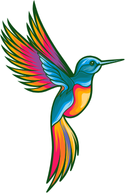
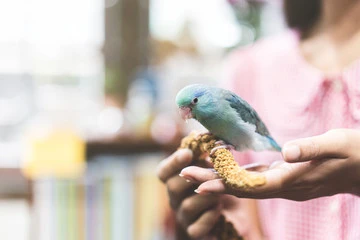
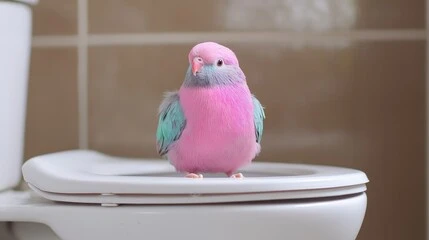
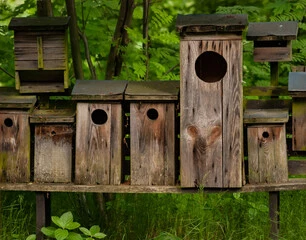
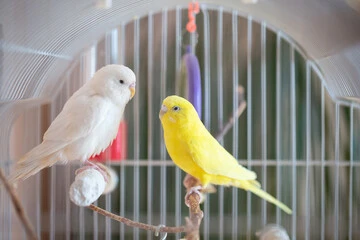
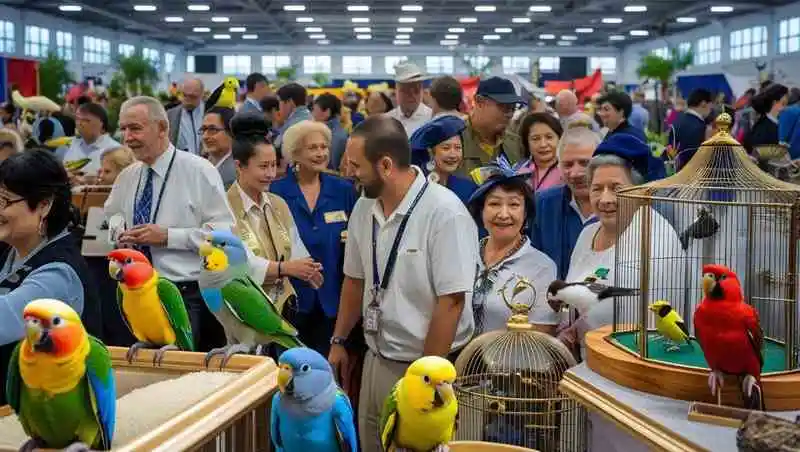
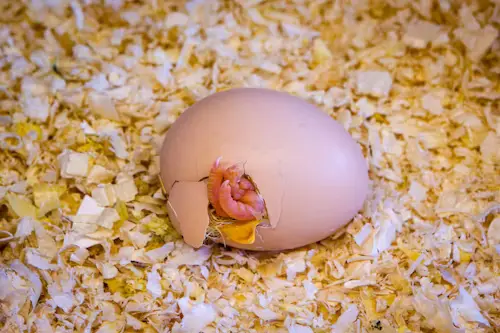
2 Comments